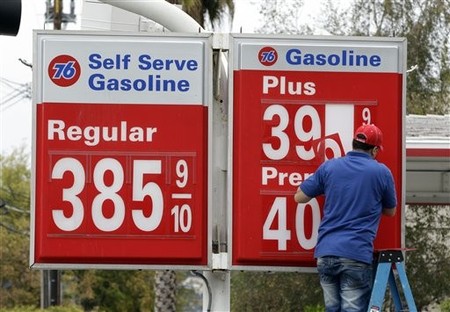The U.S. has other policy options in the Middle East

Kenneth Pollack calls for a reappraisal of U.S. strategy toward the Middle East, advocating a move away from backing oppressive autocrats to supporting democrats. Here's his rationale:
Whether we like it or not, the changes sweeping the Middle East will affect America's vital national interests as well. We hate to admit it, but we must face the fact that our economy -- and the economy of the wider world, with which we are inextricably intertwined -- is addicted to oil. And the price of oil, and thus the welfare of our economy and that of the rest of the world, is deeply affected by what happens in the Middle East.
From this observation, Pollack goes on to sketch out a strategy whereby the U.S. aids the Middle East through a complicated political transition without angering Saudi Arabia, endangering Israel or empowering autocratic Islamist forces.
That's certainly one way to avoid high oil prices, but there are other ways to mitigate rising or unpredictable oil costs. Between improved automobile mileage standards, research into alternative fuels, better urban planning and domestic drilling - the U.S. has other policy options available than attempting a complicated strategy of micromanaging Middle Eastern politics.
(AP Photo)



